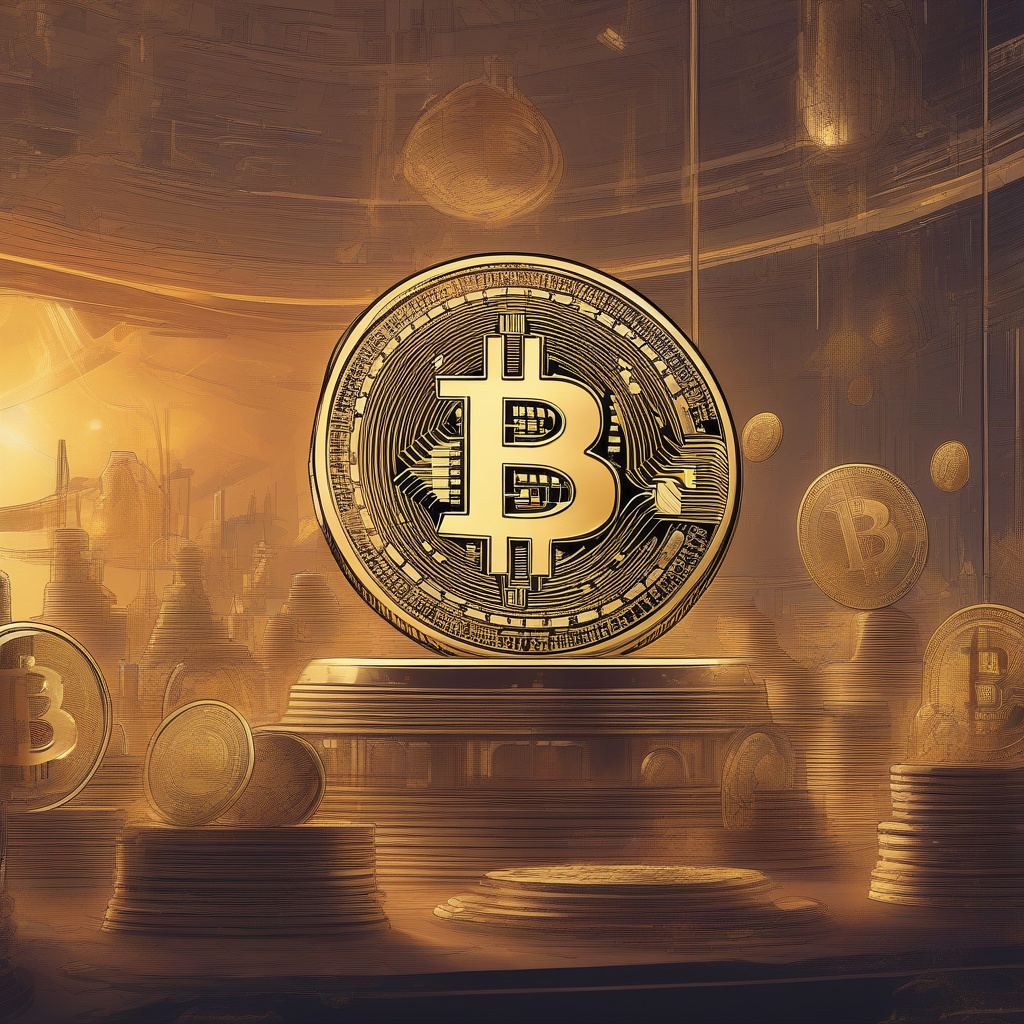Why blockchain is better than banks?
Ah, blockchain technology vs. traditional banks, an age-old debate. But why do some say blockchain is superior? Well, let's start with decentralization. Blockchain isn't controlled by any central authority, like a bank. This means transactions are more secure and less prone to manipulation. Plus, there's no single point of failure. Then, there's transparency. Every transaction on a blockchain is visible to everyone, creating a level of accountability unheard of in traditional finance. Cost is another factor. Blockchain transactions can often be cheaper and faster than those processed by banks, especially when it comes to cross-border payments. And don't forget about innovation. Blockchain technology is still in its infancy, with countless new applications and use cases being explored. Banks, on the other hand, are often bogged down by legacy systems and regulations. But of course, blockchain isn't without its challenges. Scalability, privacy, and regulatory uncertainty are just a few of the issues that need to be addressed. So, is blockchain better than banks? It depends on your perspective and use case. But one thing's for sure: blockchain is disrupting the financial industry, and it's only just begun.
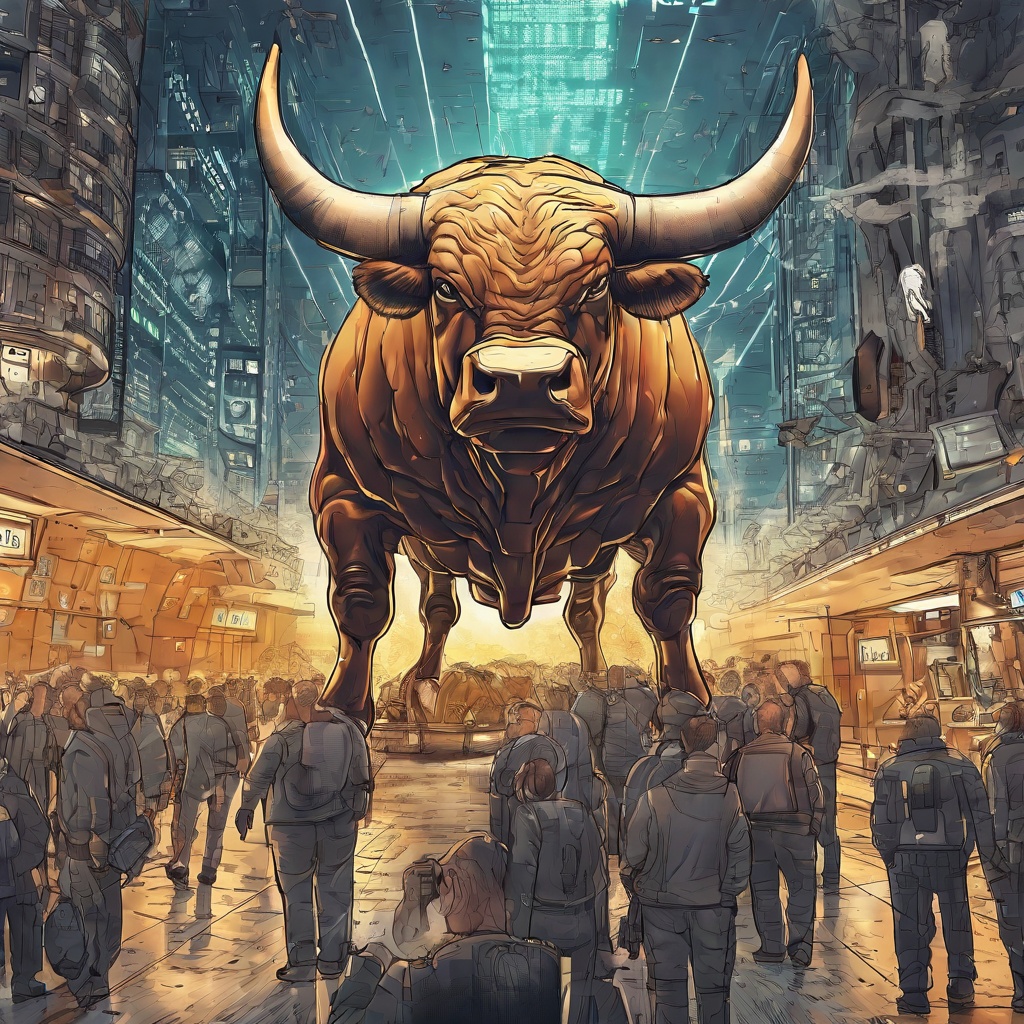
Is blockchain safer than banks?
I've been hearing a lot about blockchain technology and its potential to revolutionize the financial industry. However, I'm still skeptical about its safety compared to traditional banks. Can you please explain if blockchain is indeed safer than banks, and if so, how does it achieve this superior level of security? Also, are there any potential risks or vulnerabilities associated with blockchain that investors should be aware of? I'm eager to understand the intricacies of this technology and how it compares to the established banking system.
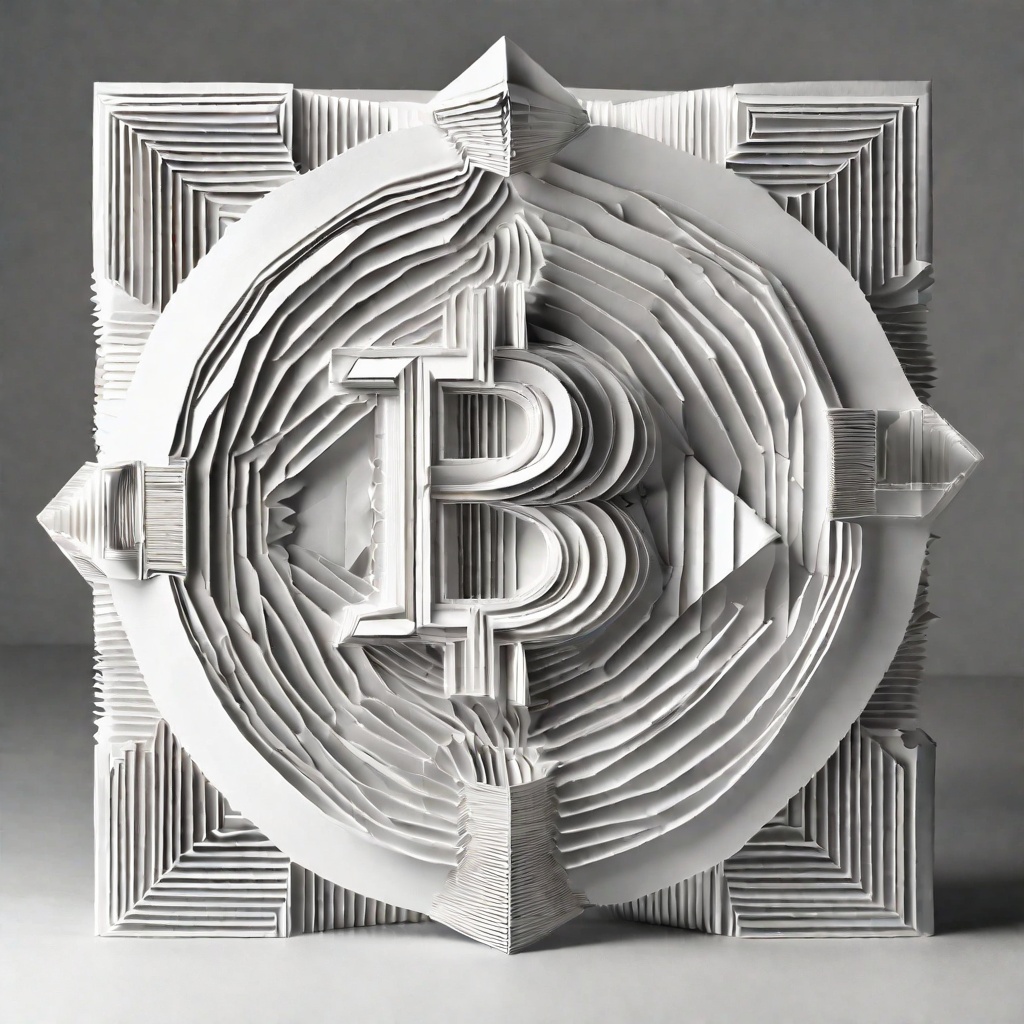
Which blockchain is Polkadot?
Could you please clarify which blockchain you're referring to as "Polkadot"? It seems to me that you're inquiring about a specific blockchain technology, but I'd like to ensure that we're on the same page. Polkadot, as I understand, is not just a blockchain in the traditional sense. It's often described as a "blockchain of blockchains" or a "heterogeneous multi-chain technology." Its core objective is to enable interoperability between various blockchains, facilitating cross-chain transactions without the need for intermediaries or exchange platforms. Polkadot achieves this through its unique architecture, which consists of a central Relay Chain and multiple parallel chains, or parachains. The Relay Chain serves as the hub, managing consensus and security, while the parachains handle specific applications and services. This design allows for scalability and flexibility, enabling Polkadot to handle a vast array of transactions efficiently. So, to answer your question, Polkadot is not a single, standalone blockchain but rather a network of interconnected blockchains designed to enhance interoperability and scalability across the blockchain ecosystem. Does this clarify your inquiry, or do you have further questions about Polkadot or its underlying technology?
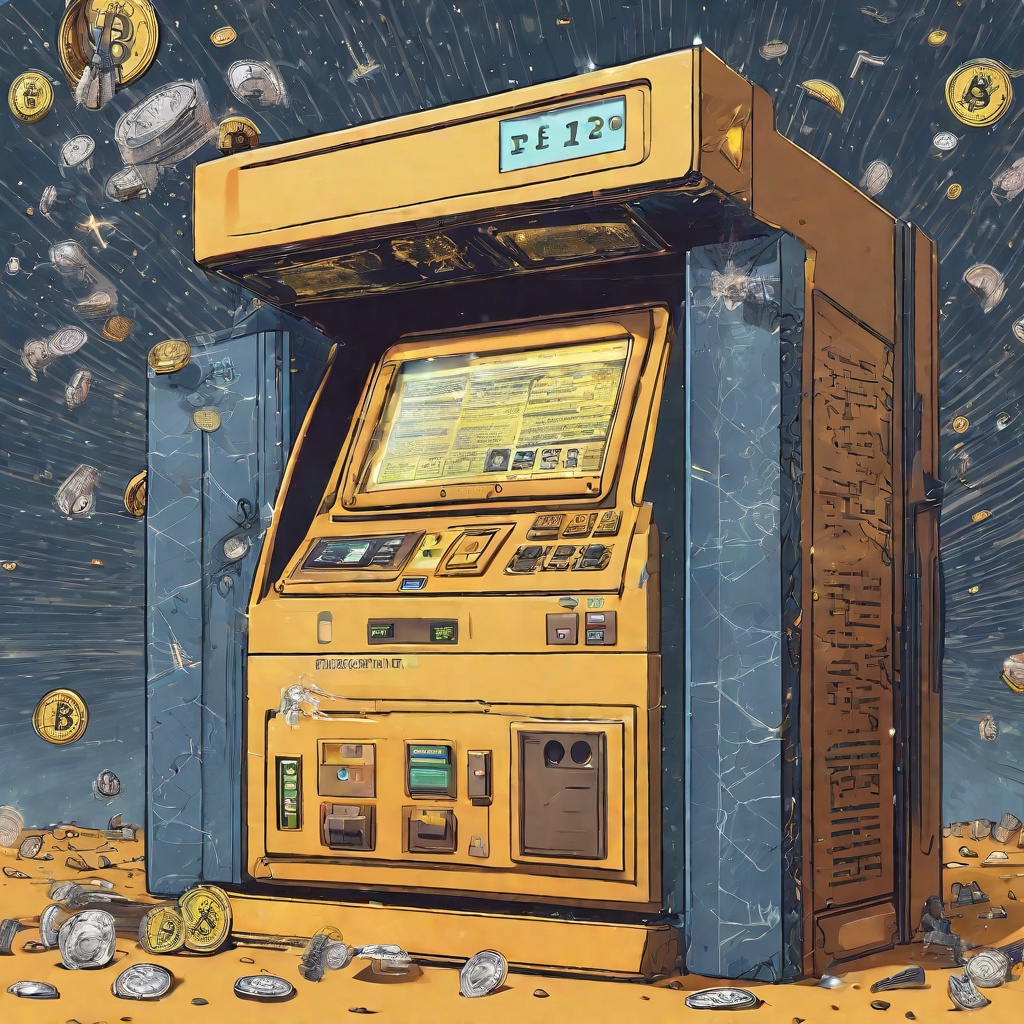
What blockchain is toncoin on?
I'm curious about the blockchain technology that Toncoin is utilizing. Could you elaborate on which blockchain Toncoin is specifically based on? It would be interesting to understand the specific technical features and advantages that this blockchain provides to Toncoin and its users. Additionally, is there any unique aspect or innovation that this blockchain introduces to the cryptocurrency space? Your insights would greatly enhance my understanding of this topic.
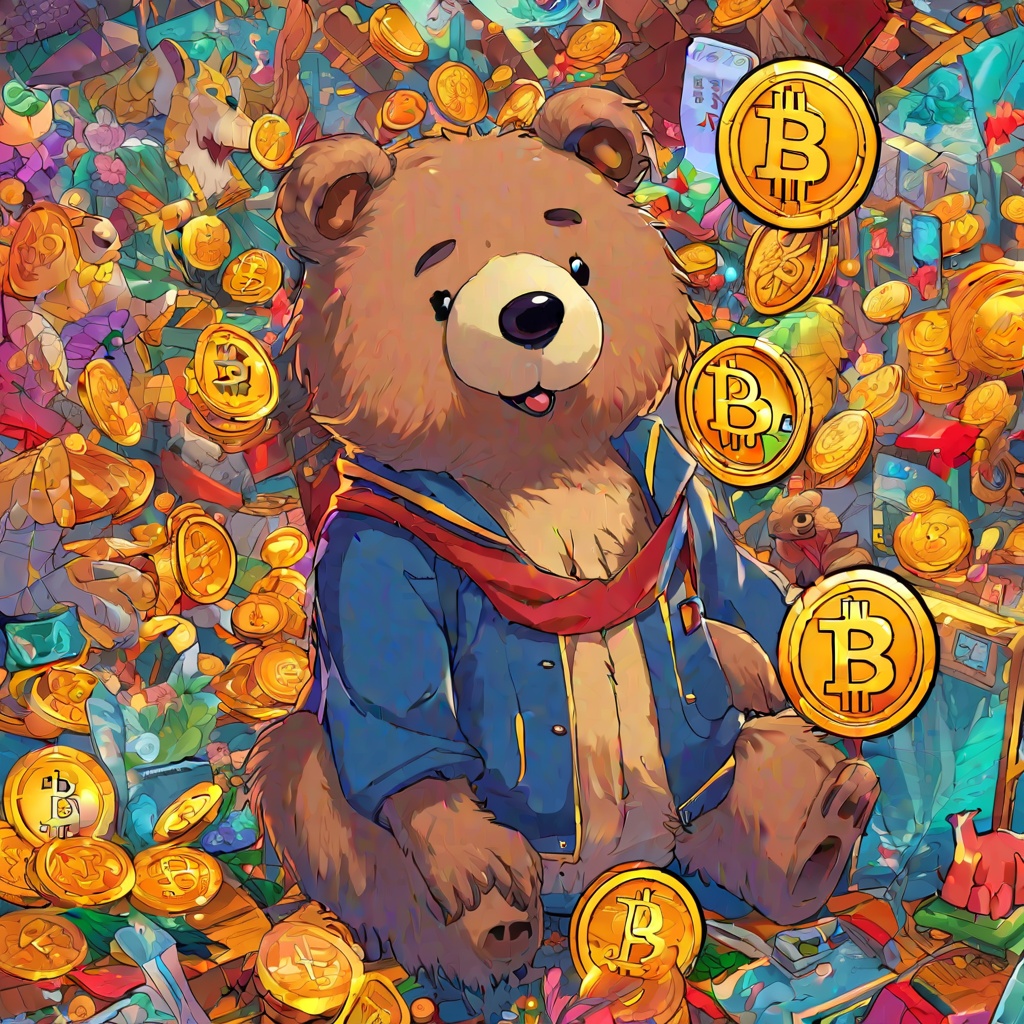
Is blockchain the future?
Is blockchain really the future?" I ask, gazing curiously at the digital landscape unfolding before me. The technology seems to be revolutionizing industries, from finance to supply chain management. Its promise of transparency and security is enticing, but can it truly deliver on its potential? I ponder over the question, weighing the benefits against the challenges. Blockchain's decentralized nature could revolutionize trust in digital transactions, but it also brings scalability and regulatory issues. Its immutability could be a boon for data integrity, but it also poses challenges for error correction. As I delve deeper, I realize that blockchain's future is not just about technology, but also about adoption and integration. Will businesses and governments embrace this new paradigm? Will consumers demand more transparency and security in their transactions? Only time will tell if blockchain fulfills its promise and becomes the future we all hope for. But one thing is certain: the potential it holds is immense, and it's worth keeping a close eye on its development.
